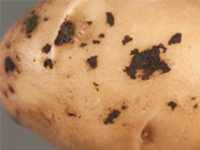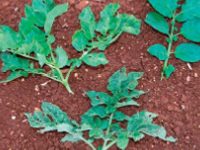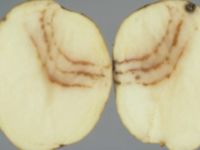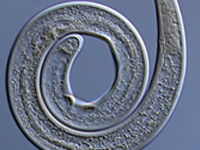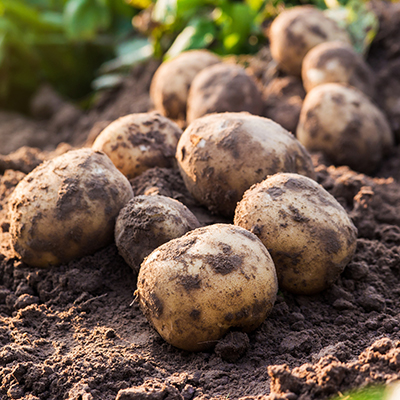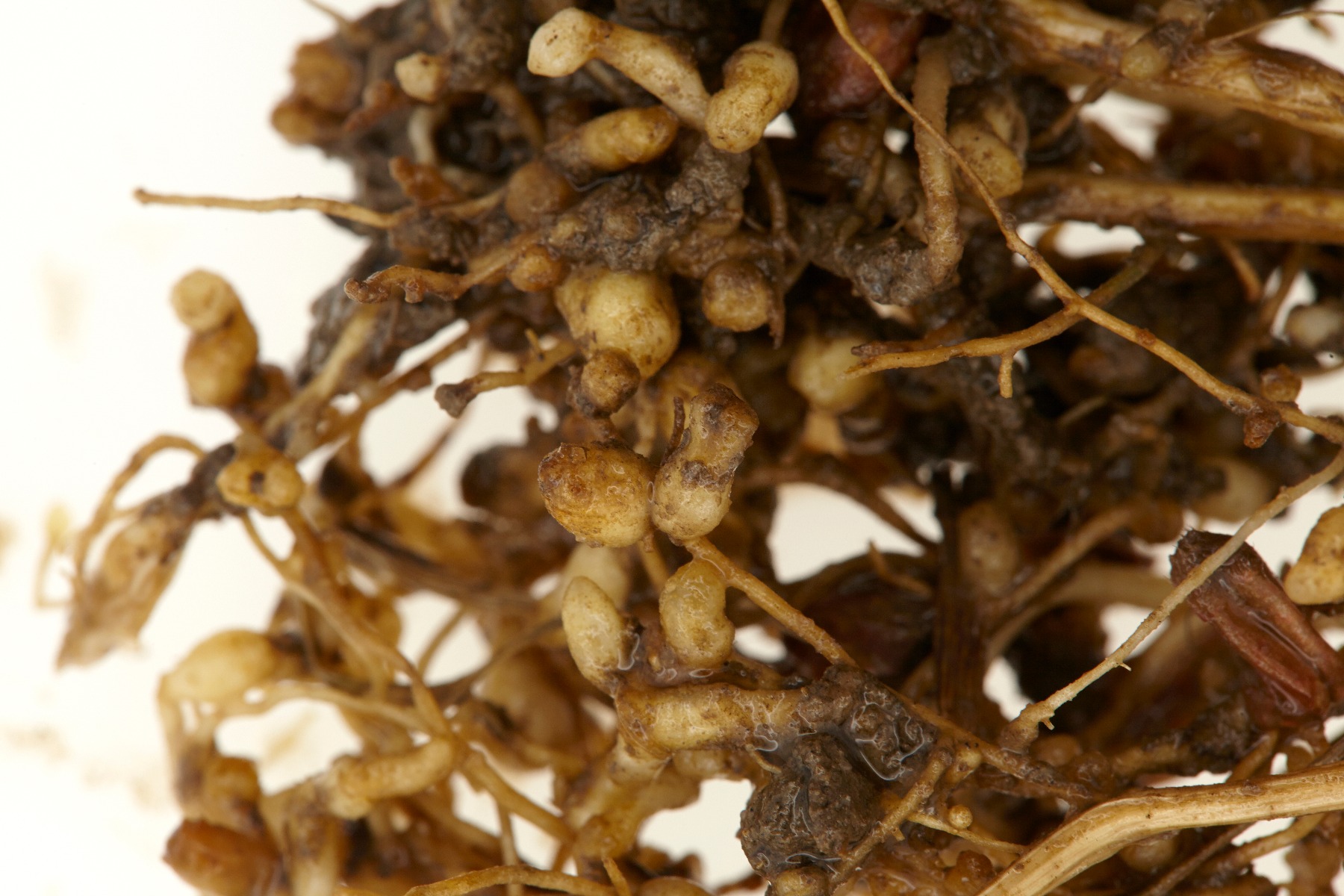
Visit our other sites
-
Fapas - Proficiency Testing
Globally recognised provider of proficiency tests, running over 400 tests annually across an extensive range of matrices and analytes
-
Great Crested Newts Testing
A single sample taken by an ecologist at any time during the newt breeding season can determine their presence or absence, saving you time and money
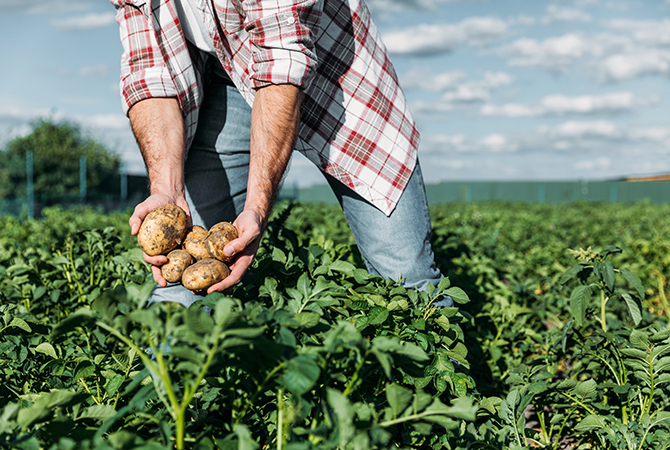
Potato Expertise at Fera
Know how we can help before the season starts
Fera's Plant Clinic is the largest in the UK. Our work supports healthy plants and crops, increasing sustainable food production and protecting the environment.
Our crop testing and molecular facilities deliver expert diagnostics on a range of plant issues from all over the world. We have extensive expertise in the fields of bacterial, fungal, viral, insect and nematode identification. Our experienced, and award winning team of scientists offer bespoke testing so if you are unsure what kind of test you need, we can help diagnose your crop using our plant diagnostic techniques.
We can identify plant pests and pathogens found in arable crops, vegetables, trees, ornamental plants, protected edibles, seeds, soft fruit, turf and water. We also have a UKAS accredited nematology testing facility for PCN and free-living nematodes as well as the facility to test for pests and diseases of bees and mites in relation to food storage.
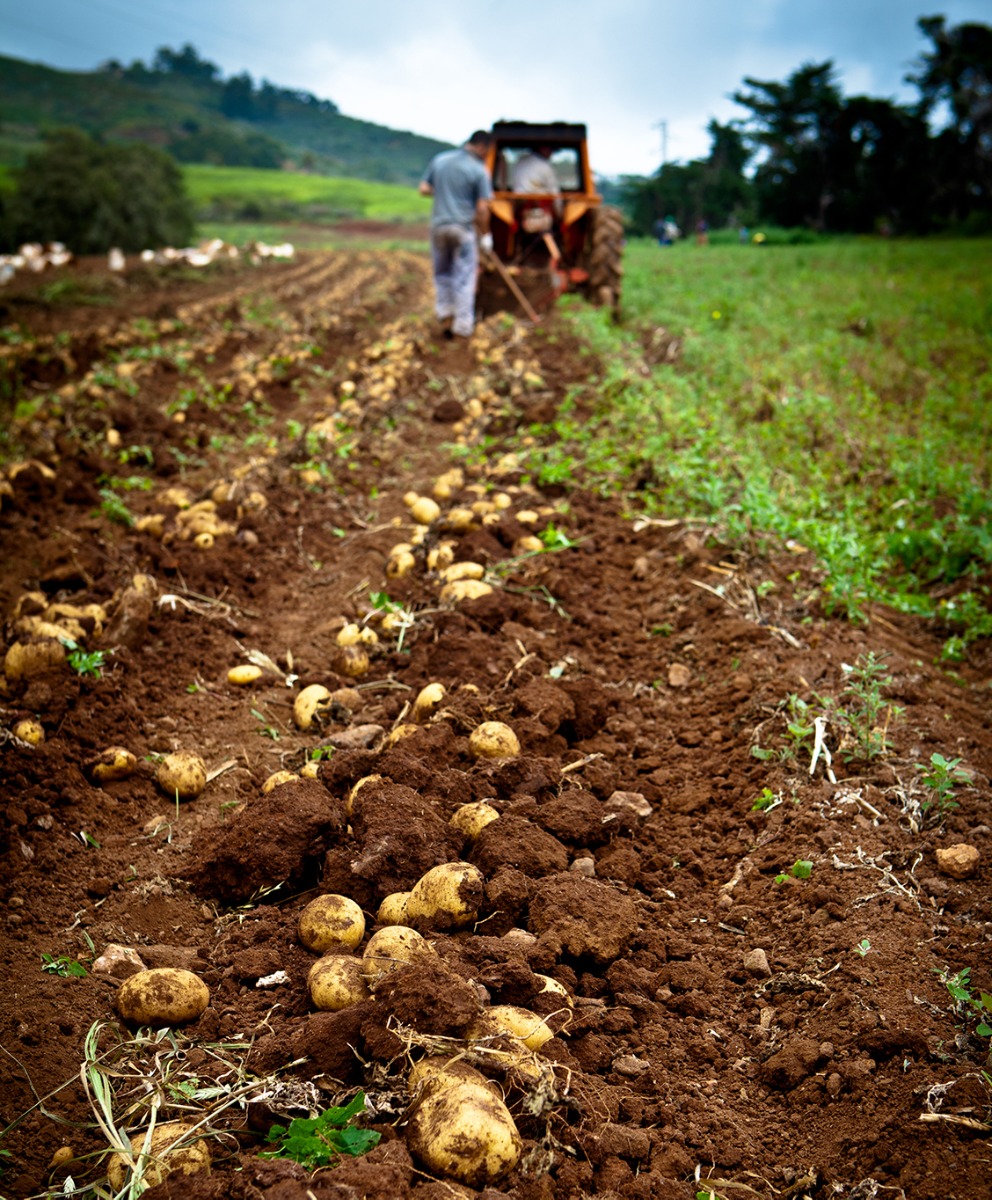
Meet our Scientists
Fera has the best people in the right place focussed on delivering the right solution. We continuously invest in our people and support them in delivering the best science to our partners.

Adrian Fox
Adrian is the Senior Plant Virologist at Fera. As lead virologist, his role is to deliver a high-quality virology diagnostic service to a wide range of UK and overseas government and commercial clients. The team utilises a range of both cutting edge and traditional techniques to provide a comprehensive diagnostic service.
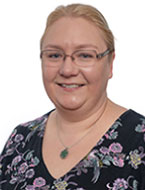
Larissa Collins
Larissa leads the Entomology R&D Team. She manages insect monitoring programmes and research projects on insect pests and vectors of viral and bacterial plant pathogens for several commercial and government customers. She has a proven record of providing customers with affordable, rapid and practical solutions and is always happy to discuss how science can be applied to help their businesses.

Thomas Prior
Tom is the Senior Plant Nematologist at Fera. As lead nematologist, his role is to deliver a high-quality nematology diagnostic service to a wide range of UK and overseas government and commercial clients. The team utilises a range of both cutting edge and classical techniques to provide comprehensive diagnostic service covering terrestrial nematodes across the global spectrum of agricultural and horticultural crops.

Paul Brown
Paul Brown is a Remote Sensing Scientist with over 10 years’ experience and is the lead for GIS, remote sensing and unmanned aircraft systems (UAS) operations at Fera. Paul has an extensive range of experience in Remote Sensing, Image Processing and GIS analysis, specialising in the use of multiple sensor and platform technology.
Our Leading Expertise
Our team is dedicated to the development of technologies that enable stakeholders to make decisions across the agri-food chain and in the environment. Our interest is in the application of generic solutions such as PCR, isothermal amplification and next generation sequencing techniques. In particular we have considerable expertise in developing diagnostics for front line use. We work with growers, agronomists and Defra developing methods to enable better detect of plant pathogens in propagation material, soil, water and air. Early detection of pathogens in crops enables us to initiate control measures much earlier, preventing spread and reducing the impact of disease. We offer the most comprehensive range of testing services and are the UK's largest tester of crop health testing in excess of 8,500 samples a year.
To achieve National pest and disease surveillance we utilise a range of technologies across a range of disciplines. Each of these technologies are outlined here.

Worried about Potato Viruses?
Our diagnosticians are globally recognised for their expertise in diagnosing plant diseases and identification of plant pests. Our approach is to use the most appropriate method for diagnosing each sample ranging from traditional techniques, such as microscopy through to cutting edge molecular diagnostics. We undertake high-quality research and monitoring to provide robust evidence, solutions and advice on the epidemiology and control of plant diseases in agriculture, horticulture and the natural environment. Our scientists undertake bespoke projects for growers to help address specific issues and improve yields.
We are working with the Tubercare initiative from Certis
Importance of Virus Testing
Adrian Fox, Principal Plant Virologist at Fera Science, explains the methods used in the lab to determine virus levels during the process of seed potato virus testing. He also compares direct molecular diagnostics and 'grow out' testing.
He then goes on to highlight the importance of virus testing in order to minimise yield reductions and maximise marketable yield.
View our Potato Tests
Tuber Disease Identification and Assessment
Our scientists support growers in all areas of agriculture and horticulture through plant health diagnostics, seed testing through to food authenticity and packaging analysis.
In this video, Fera plant diagnosticians explain the process of tuber disease identification and the importance of accurately identifying seed potato pathogens.
View our Potato Tests
AHDB podcast discussing Potato Virus Y: Protecting the reputation of British seed potatoes
In the summer of 2019 there was an increased number of reports of issues related to Potato Virus Y, this episode looks at the industry response from a variety of specialists including Dr Adrian Fox, Senior Plant Virologist at Fera Science.
View our Potato Tests
Insect & Aphid Monitoring
Insect Monitoring is an essential component of Integrated Pest Management. Our Insect Monitoring Service is used by growers and agronomists across the UK, and internationally, to mitigate risks with a more intelligent approach to pest management. By using our insect monitoring services to assess the risk from insect pest and potential virus-transmitting aphids arriving or moving around in your crops, you can make better-informed agronomic decisions.
Risks to seed potatoes and vegetables
Potato viruses Y and A (PVY and PVA) are serious threats to the quality of seed potatoes. About 40 aphid species transmit PVY and PVA with varying efficiency. The presence of aphids and aphid virus transmission are also a problem for vegetable and salad growers. Aphid-transmitted viruses can be particularly problematic in carrot crops. Monitoring also help you assess the risk of spread of PVY, and you can take this into account when considering the best time to burn down your crop, maximising your yield without risking the virus health of the seed. Gathering information on the potential quality of home saved seed gives you the opportunity to avoid the expense involved in buying-in classified seed potatoes.
Aphid-transmitted viruses are particularly problematic in carrot crops and this is an issue which has become more serious in recent years, with significant effects on yield and waste. Monitoring aphid activity through the growing season facilitates better targeting of control measures. This is essential given the reduction in available classes of chemical control and the emergence of pyrethroid resistance in willow-carrot aphid.
We supply complete yellow water trap kits, including sample pots and reply-paid envelopes (if required), providing results with same-day turnaround so that you can make timely agronomic decisions. We can also help you to monitor a number of pests and vectors, as well as some beneficial insects, in other crops, including (but not limited to) oilseed rape, salads, cereals, onions and legumes. So please get in touch with us to discuss how we can help you.”
Effective management of plant-parasitic nematodes in soils
Nematodes are microscopic pests responsible for billions of pounds of yield loss each year. Potato cyst nematodes (PCN) are considered the most damaging pest of potato crops in the UK with losses up to 35%*. However, free-living plant-parasitic nematodes (PPNs) can be just as damaging as they can parasitise nearly every plant species, resulting in devastating adverse effects on the quality and yield of host crops.
Effective management of plant-parasitic nematodes in soils should be based on accurate detection and identification, in order to understand the biology and host range of each species in the population. The nematology team provides a unique free-living nematode identification service and offer nematode detection and consultancy advice for all sectors of agriculture and horticulture. Our experienced, and award winning, nematologists are best placed to ensure accurate and timely identification for a wide range of nematode species.
Download our Nematodes eBook
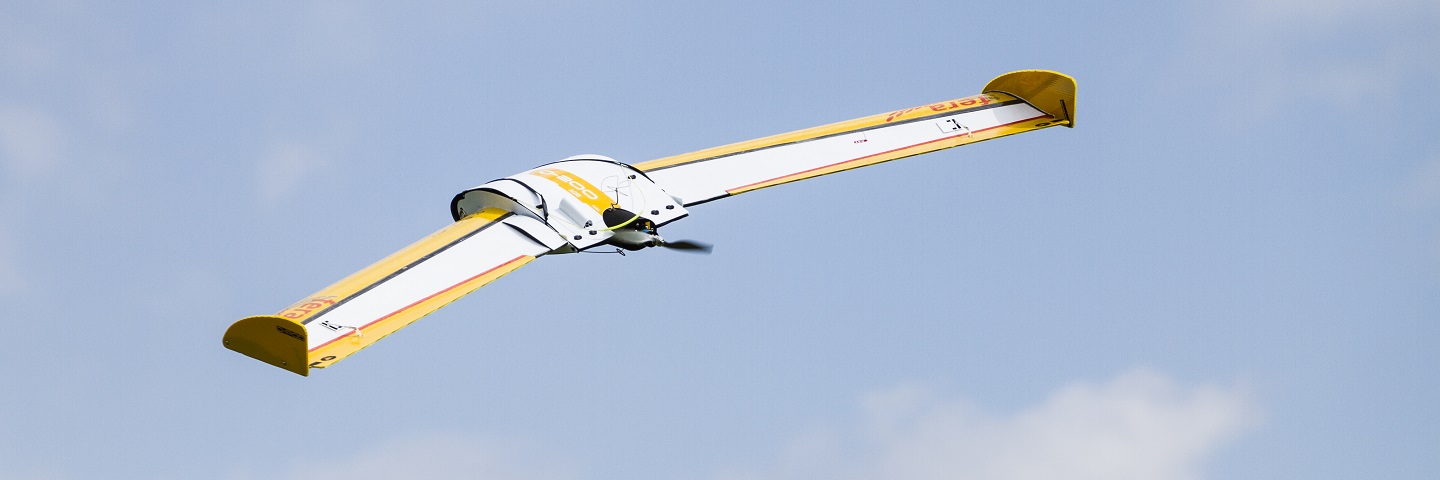
Remote Sensing and Mapping
Whether you need to survey land to monitor crop health or yields, identify tree species, assess vegetation cover, or map large sites to determine ground conditions and resource availability, our Remote Sensing and Geographical Information Systems (GIS) scientists can use cutting-edge UAV and sensor technology to supply all the imagery and analysis you need.
Data mapped and presented just the way you want it
Your data can be shared with you in a way that allows you to extract maximum value from it. We can provide the raw data, hard or soft copy maps highlighting output information, 3D models and fly-throughs, or produce raster or vector GIS files. We can also present the imagery data in bespoke web applications that allow you to log in and interact directly with the information.
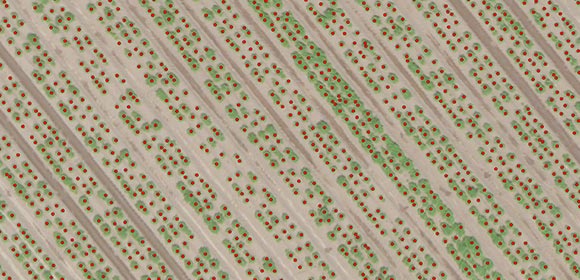
Find your Resources - Our Factsheets

Copyright © 2025 Fera Science Limited (“Fera”). All rights reserved.
For further information about how Fera uses any personal data collected from you, please see our Privacy Notice at www.fera.co.uk/privacy-policy.


